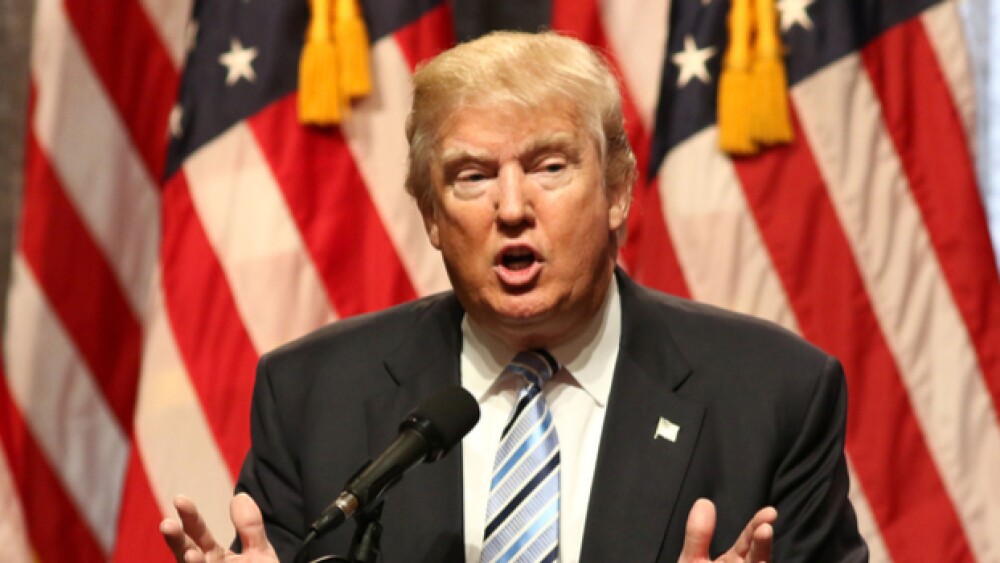Some members of the Trump administration worried that passing the rebates directly to consumers would cost the federal government too much in the long run.
JStone / Shutterstock
The White House has withdrawn its proposal to eliminate drug rebates from government drug plans. The proposal was backed by the pharmaceutical industry to pass the rebate savings directly to the consumers, rather than the insurers and pharmacy benefits manager.
First reported by Axios, White House spokesman Judd Deere said the rebate rule, a significant tent pole of the American Patients First blueprint for lowering healthcare costs, was eliminated following “careful analysis and thorough consideration.” Deere said the administration remains encouraged by bipartisan proposals to lower drug costs and added that President Donald Trump will “consider using any and all tools to ensure that prescription drug costs will continue to decline.”
The proposal to pass the rebates directly to consumers was first announced earlier this year by U.S. Department of Health and Human Services (HHS) Secretary Alex Azar, a former Eli Lilly executive. Azar said rebates and other pricing initiates conducted between the companies, PBMs and insurers are not typically passed along to patients. When it was announced in February, Azar said the “hidden system of kickbacks to middlemen” has forced people to pay more for their medications. Azar said that any attempt at lowering drug prices without addressing the rebate system would fail to reduce list prices, the wholesale costs of the drug.
“This proposal has the potential to be the most significant change in how Americans’ drugs are priced at the pharmacy counter, ever, and finally ease the burden of the sticker shock that millions of Americans experience every month for the drugs they need,” Azar said when the proposal was announced.
While the proposal was backed by the pharmaceutical industry and the HHS, it had opponents in the administration. Fiscal hawks claimed ending the rebate system was too expensive and would cost the federal government nearly $180 billion over the next 10 years, Politico reported. There were also concerns that the proposal could impact Medicare D prices, Politico added.
This is the second blow this week to the administration’s plans to address prescription drug prices. On Tuesday, a federal judge dealt a blow to the White House call for requiring the disclosure of wholesale pricing for prescription drugs in television advertisements. The judge ruled that the mandate from HHS was not enforceable without Congressional authority. The ruling was in response to a lawsuit filed last month by Merck & Company, Eli Lilly and Company and Amgen, as well as an advertising trade association.
Now that the rebates proposal is dead, it will certainly place more pressure on the White House to succeed with some of its other initiatives as it heads into the 2020 presidential elections. Other initiatives pushed by Trump include the recent “favored nations clause” that would tie the costs of prescription drugs paid for by the federal government to the lowest price paid in other countries. Over the Independence Day weekend, Trump announced plans to issue an executive order to instruct government agencies buying prescription drugs to only pay the lowest price paid for by foreign countries. There are also a number of pending legislative proposals in Congress aimed at drug pricing that the White House could latch on to and champion.





